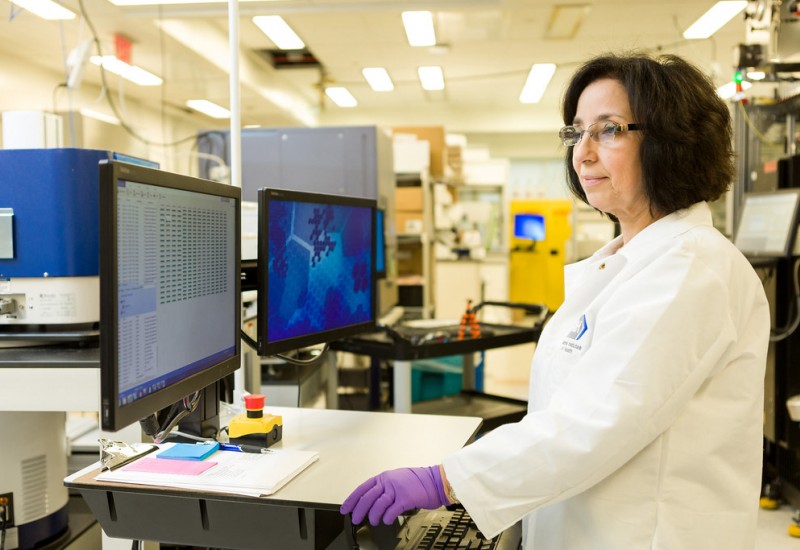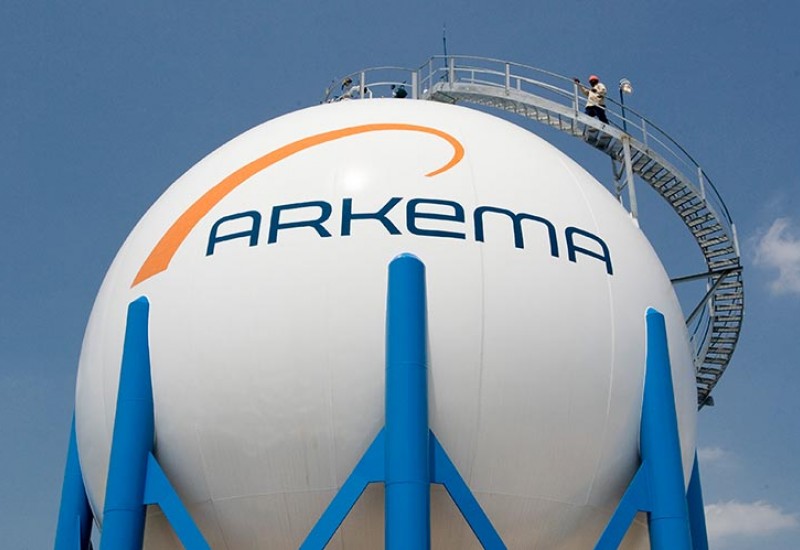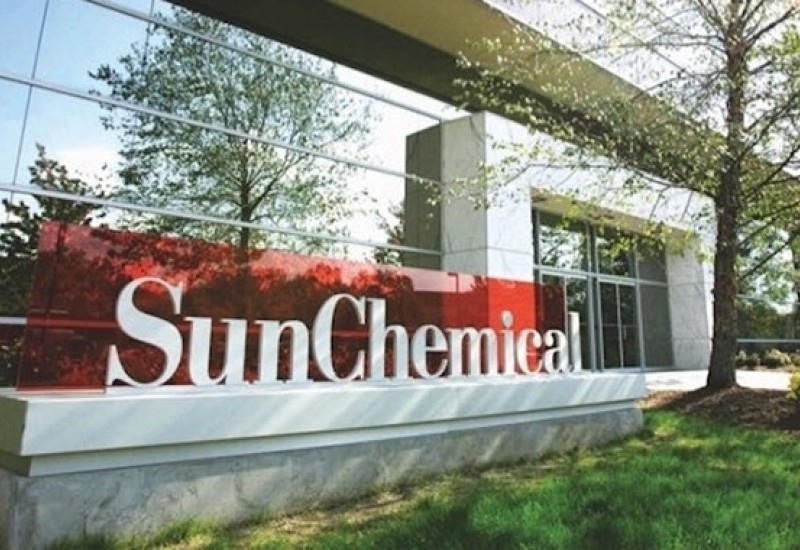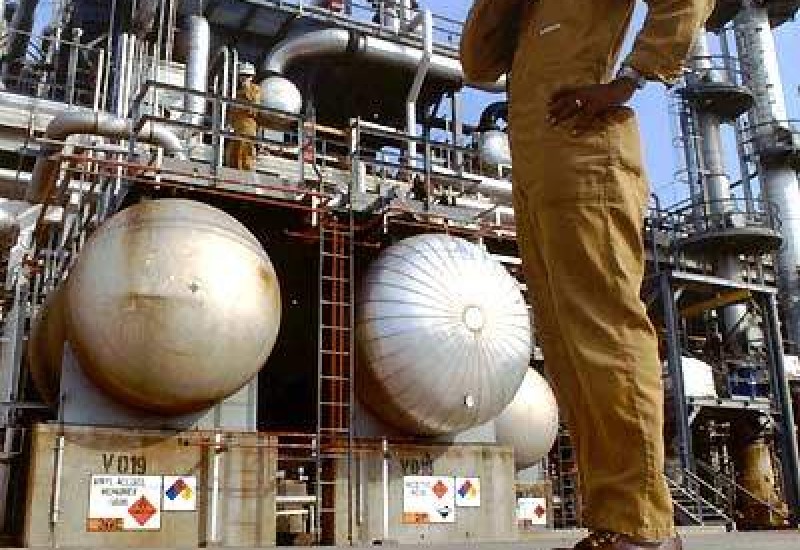Feature article - Three ways the chemicals & materials industry can benefit from digital transformation
Dr Nina Kaun, product director, chemical industry solutions, at Elsevier, looks at how the Covid-19 pandemic could help to drive digitalisation
While many industries have taken advantage of technology developments in recent years, the chemicals and materials sector has been slower to digitalise. This attitude is now changing: 87% of chemicals and materials executives believe companies will ‘lose their edge’ or ‘face extinction’ unless they embrace digital transformation, including adopting more automation and applying artificial intelligence (AI) to some processes.





















